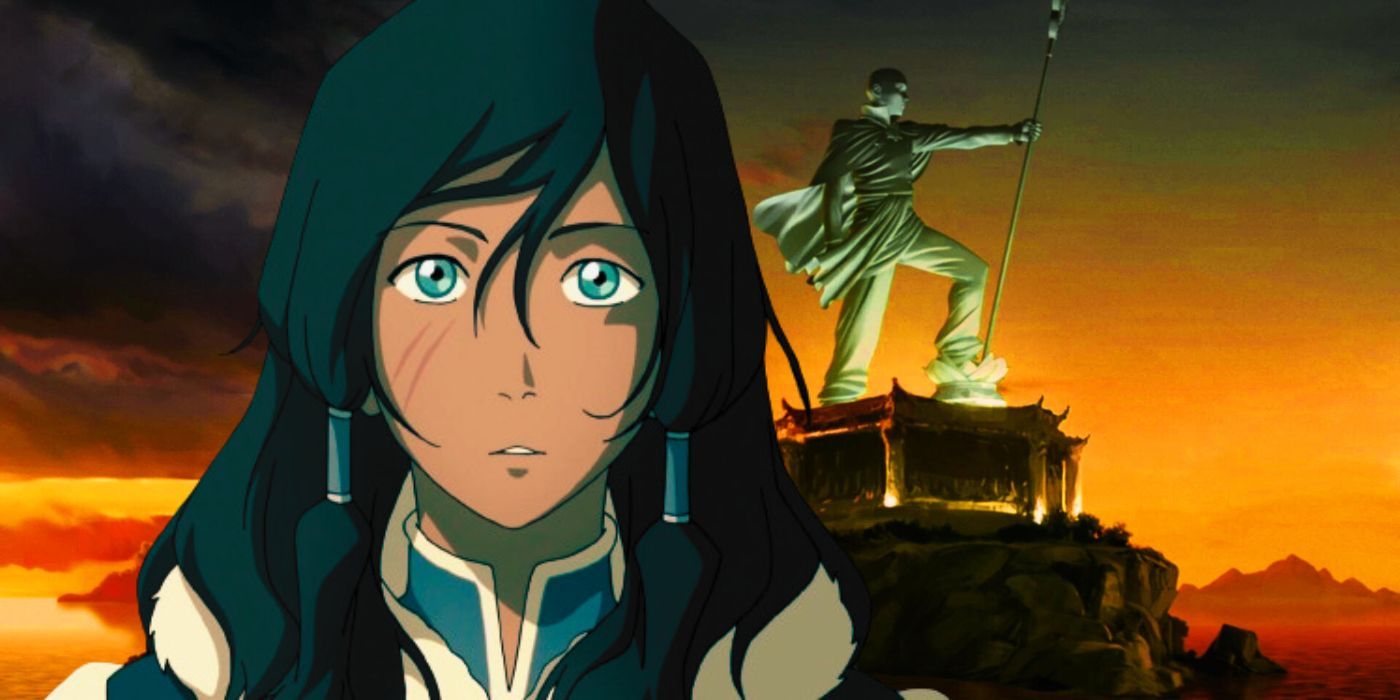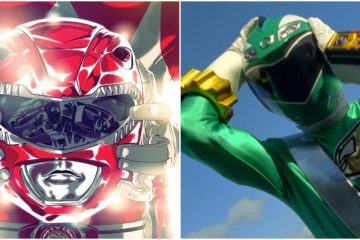With the upcoming live-action series on Netflix, along with an upcoming trilogy of theatrical sequel films, fans of Avatar: The Last Airbender have been relishing the fact that, nearly 20 years after the premiere of the original Nickelodeon series, the franchise is still as strong and relevant as ever. Its sequel series, The Legend of Korra, has also enjoyed an incredibly large amount of success even almost 10 years after its finale. With this in mind, many probably would not have guessed that when the latter series originally aired in the early 2010s, it wasn’t exactly treated as well as it should have been by the network.Much like Avatar, the series has become a collective favorite of the animation community, with many regarding it as one of the best spin-offs of all time; and just like its predecessor, it dared to be different from any other NickToon of its time and aimed to push the boundaries of what could be done in its storytelling. One would think the show would have been a recipe for success, and possibly one of the most definitive Nickelodeon series ever. So why exactly did its home network go out of its way to sabotage its original broadcast run and upset so many fans in the process?Similarly to Avatar, it also tackled some surprisingly mature themes throughout its run. Several episodes and story arcs would revolve around such subjects as elitism, family trauma, abuse of political power, PTSD, and civil war. The show has also received continuous praise for its progressiveness and representation of the LGBTQ community, with both Korra and Asami fully embracing their bisexuality and seemingly forming a relationship, as indicated by the series finale. It was a show that had it all: humor, action, thrills, beautiful animation, and just the right amount of nostalgic fan service.
With the upcoming live-action series on Netflix, along with an upcoming trilogy of theatrical sequel films, fans of Avatar: The Last Airbender have been relishing the fact that, nearly 20 years after the premiere of the original Nickelodeon series, the franchise is still as strong and relevant as ever. Its sequel series, The Legend of Korra, has also enjoyed an incredibly large amount of success even almost 10 years after its finale. With this in mind, many probably would not have guessed that when the latter series originally aired in the early 2010s, it wasn’t exactly treated as well as it should have been by the network.
Much like Avatar, the series has become a collective favorite of the animation community, with many regarding it as one of the best spin-offs of all time; and just like its predecessor, it dared to be different from any other NickToon of its time and aimed to push the boundaries of what could be done in its storytelling. One would think the show would have been a recipe for success, and possibly one of the most definitive Nickelodeon series ever. So why exactly did its home network go out of its way to sabotage its original broadcast run and upset so many fans in the process?
Similarly to Avatar, it also tackled some surprisingly mature themes throughout its run. Several episodes and story arcs would revolve around such subjects as elitism, family trauma, abuse of political power, PTSD, and civil war. The show has also received continuous praise for its progressiveness and representation of the LGBTQ community, with both Korra and Asami fully embracing their bisexuality and seemingly forming a relationship, as indicated by the series finale. It was a show that had it all: humor, action, thrills, beautiful animation, and just the right amount of nostalgic fan service.
#Nickelodeon #Sabotaged #Legend #Korra
Note:- (Not all news on the site expresses the point of view of the site, but we transmit this news automatically and translate it through programmatic technology on the site and not from a human editor. The content is auto-generated from a syndicated feed.))



